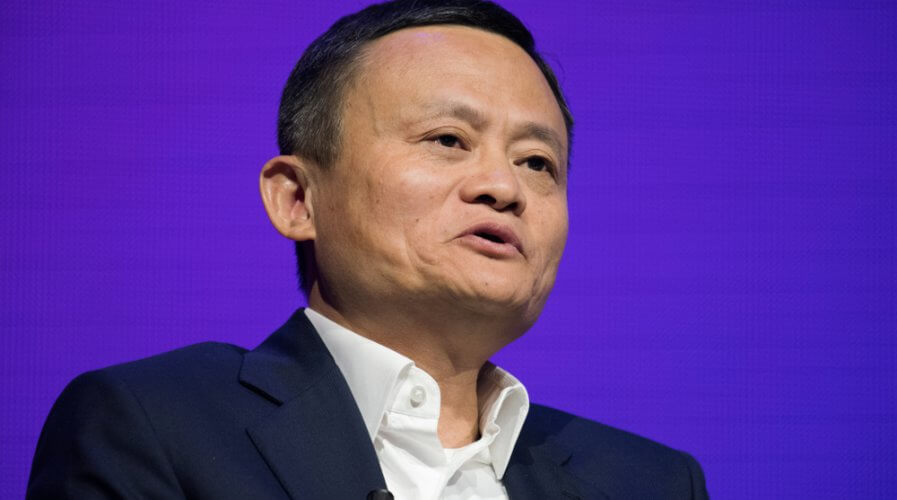
Alibaba Executive Chairman Jack Ma prepares for the tumultuous future of e-commerce. Source: Shutterstock
Jack Ma: Pure e-commerce players to soon face tremendous challenges
PEOPLE often think of e-commerce companies as digital natives because their primary interaction with them is online.
Jack Ma, however, feels e-commerce companies are soon going to morph into “traditional companies”. He explained in a letter to shareholders recently.
Given their propensity to focus on day-to-day activities and margin pressures, many might neglect to invest in technologies to improve their warehouses and workflows — making them fit candidates for digital transformation in the future.
“We anticipate the birth of a re-imagined retail industry driven by the integration of online, offline, logistics and data across a single value chain. This is why we are adapting, and it’s why we strive to play a major role in the advancement of this new economic environment,” Ma wrote to Alibaba shareholders.
Ma’s letter outlined what Alibaba is doing in order to stay ahead of the curve and relevant in the coming years:
“Over the next 30 years, with computing power as the new ‘technology breakthrough’ and data as the new ‘natural resource’, the landscape of retail, financial services, manufacturing, and entertainment will be transformed.
“We already see meaningful changes taking place today in the operations of our merchants’ businesses.
“For example, every day, more than six million businesses currently use our merchant mobile app, called Qianniu, which helps them improve sales and marketing, as well as enhance overall management quality and efficiency.”
However, the point that Ma raised is quite relevant to other e-commerce businesses in the region (and probably around the world).
It’s why some of the top e-commerce companies in this day and age are exploring the phygital model — opening up physical stores and creating blended experiences.
Regional e-commerce companies in Asia are also collaborating with businesses along the value chain to create more intelligent and intuitive experiences for prospective and current customers.
In Southeast Asia, Lazada — the most prominent e-commerce platform — is creating myriad tools to help small retailers join the platform and “go digital”.
Their efforts, although quite simple to explain, go the extra mile to bring some of the smaller, more traditional retailers into the fold, strengthening Lazada’s portfolio and platform as well as improving the customer’s ability to access to new and exciting products.
Alibaba CEO Daniel Zhang, in a separate letter to shareholders, emphasized on the opportunity ahead for the company’s e-commerce platforms (including Lazada):
“From our perspective, the most important opportunity on the horizon is not growing online sales in isolation, but rather helping traditional retailers upgrade into a brand new retail model.”
Overall, there’s no doubt that e-commerce players need to do more in order to stay relevant. Failing to do so might really force them to think about digitally re-inventing themselves, all over again.
READ MORE
- Ethical AI: The renewed importance of safeguarding data and customer privacy in Generative AI applications
- How Japan balances AI-driven opportunities with cybersecurity needs
- Deploying SASE: Benchmarking your approach
- Insurance everywhere all at once: the digital transformation of the APAC insurance industry
- Google parent Alphabet eyes HubSpot: A potential acquisition shaping the future of CRM




